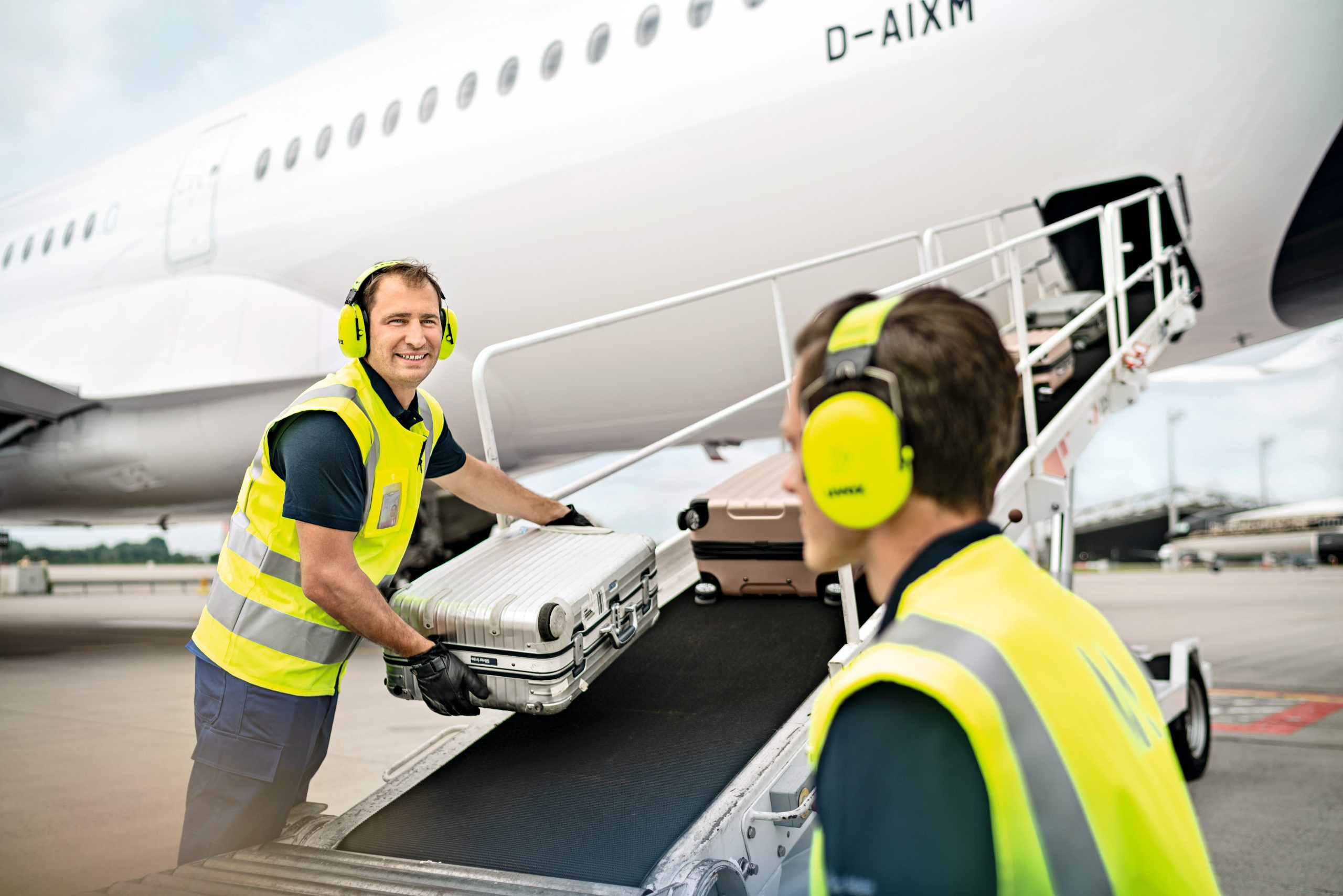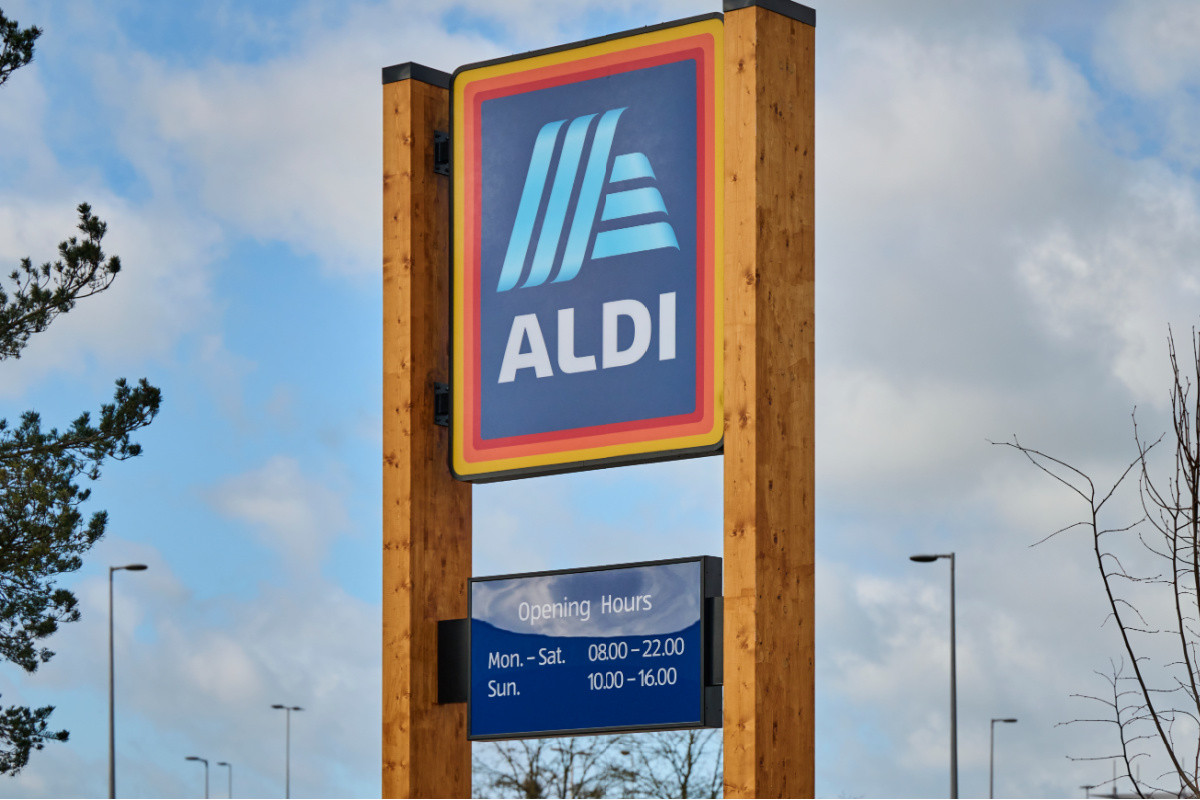The Rise of Air Travel Fuels Growth in Aircraft Ground Handling Systems Market
The aircraft ground handling systems market is on a trajectory of significant growth, poised to reach a staggering $226.83 billion by 2028. This remarkable expansion is driven by a confluence of factors, primarily the burgeoning demand for air travel. As airlines strive to ensure punctuality and safety, ground handling systems are indispensable for smooth operations. The market's robust growth is also fueled by factors such as the expansion of fleet size, the adoption of sustainable solutions, the pursuit of efficient turnaround times, and ongoing infrastructure development.
Key Trends Shaping the Future
The aircraft ground handling systems market is witnessing a transformation driven by emerging trends. These trends are shaping the industry's landscape and driving innovation.
Automated Ground Handling Equipment: The increasing adoption of automation in ground handling operations is streamlining processes and enhancing efficiency. Automated equipment, such as baggage handling systems and aircraft tow tractors, is reducing manual labor, minimizing human error, and improving operational speed.
Electric and Eco-Friendly Equipment: Environmental sustainability is a top priority for the aviation industry. The shift towards electric and eco-friendly ground handling equipment is gaining momentum, with manufacturers focusing on reducing emissions and improving fuel efficiency. This trend aligns with the industry's efforts to minimize its carbon footprint.
Advanced Baggage Handling Solutions: Airlines are constantly seeking ways to enhance passenger experience and streamline baggage handling processes. Advanced baggage handling systems, incorporating features like automated sorting and real-time tracking, are being deployed to improve efficiency, reduce delays, and enhance security.
Enhanced Safety Measures: The safety of passengers and ground crews is paramount in aviation. Ground handling systems are evolving to incorporate advanced safety features, such as collision avoidance systems, automated braking systems, and enhanced visibility technologies. These features contribute to a safer working environment.
Focus on Operational Efficiency: In the competitive airline industry, operational efficiency is key to profitability. Aircraft ground handling systems are playing a vital role in streamlining processes, optimizing turnaround times, and maximizing resource utilization. This focus on efficiency is driving the adoption of advanced technologies and integrated solutions.
Who Are the Key Players in This Dynamic Market?
The aircraft ground handling systems market is a highly competitive landscape, with a multitude of companies vying for market share. Some of the prominent players include:
- AERO Specialties Inc.
- Aviapartner N V
- Bhadra International India Pvt. Ltd.
- Celebi Havacilik Holding A.S.
- Dubai National Air Travel Agency
- IMAI Aero-Equipment Mfg. Co. Ltd.
- John Bean Technologies Corporation
- John Menzies Limited
- Mallaghan Engineering Ltd.
- RampSnake AS
- SATS Ltd.
- Swissport International Ltd.
- Air+Mak Industries Inc.
- BlissFox - Panus Assembly Co. Ltd.
- Weihai Guangtai Airports Equipment Co. Ltd.
- Cavotec SA
- Textron Inc.
- Air T Inc.
- ADELTE Group SL
- Tronair Inc.
- Motor Universal Lasten-Arbeitsgerate
- Vestergaard Company
- Ground Support Specialists LLC
- Oceania Aviation Ltd.
- Kalmar Motor AB
- Mototok International GMBH
- Daifuku Co. Ltd.
- Svenska Aeroplan Aktiebolaget
- Bharat Earth Movers Limited
- Cargotec Corporation
These companies are actively investing in research and development, forging strategic partnerships, and expanding their global footprint to stay ahead of the curve in this dynamic market.
The Future of Aircraft Ground Handling Systems: A Look Ahead
The future of the aircraft ground handling systems market is brimming with exciting possibilities. As the aviation industry continues to grow, the demand for efficient and innovative ground handling solutions will only increase. Key areas of focus in the coming years include:
-
Integration of Artificial Intelligence (AI): AI-powered systems will play a significant role in optimizing ground handling operations. AI algorithms can analyze data, predict demand, and optimize resource allocation, leading to enhanced efficiency and cost savings.
-
Development of Autonomous Systems: The development of autonomous ground handling vehicles, such as baggage tractors and tow trucks, is a game-changer for the industry. Autonomous systems can operate 24/7, reducing labor costs and improving operational efficiency.
-
Sustainable Solutions: Environmental sustainability will continue to drive innovation. Companies are focusing on developing sustainable solutions, such as electric-powered ground handling equipment and eco-friendly materials, to reduce the industry's environmental impact.
-
Increased Focus on Cybersecurity: As ground handling systems become increasingly interconnected, cybersecurity is a growing concern. Companies are investing in robust security measures to protect sensitive data and prevent cyberattacks.
The aircraft ground handling systems market is a dynamic and evolving industry. By embracing innovation, prioritizing sustainability, and focusing on efficiency, companies can position themselves for success in this rapidly growing sector.

















